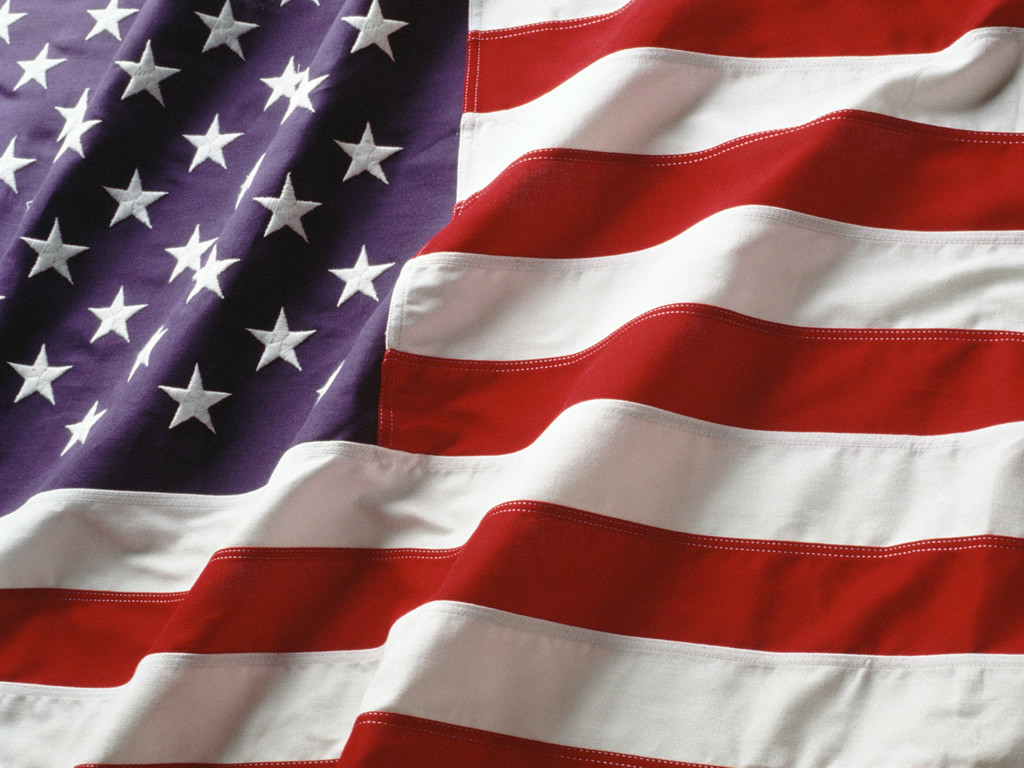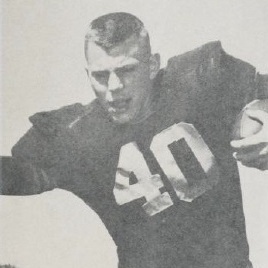“These united states” are in trouble. We can add and subtract; we’re fair at multiplication; but we seem to have become quite adept at division. Consider this problem:
Two hundred forty-four years ago, fifty-six men signed one document containing 1,337 words, creating two nations out of one, and one nation out of thirteen colonies. Eighty-five years later, the one nation would divide into two. More than 600,000 men would die on battlefields—some in the service of unity, some for division—before one man would give his life to bring the two nations back together as one.
One hundred fifty-five years later, we are still dividing. It sounds like bits and pieces from a Dr. Suess books:
Red-state, blue-state, white face, black face.
Faces with masks and Faces with none.
Unbudging Zaxes, don't take my taxes.
Speeches by Sneetches and Leeches, my son.
(I’d wonder what the good doctor would write about today’s state of affairs but between the Sneetches and the Zaxes and the ever troublesome Cat in the Hat, I think he already has.)
It’s hard to put a timeline on our propensity to “divide to conquer”—it is, of course, in our blood—but it seems that the pace of division has increased in my adult lifetime. I know I have bought into it … sad proof enough that I’m a Patriotic American doing my civic duty to keep these united states divided. But at least I’m in a recovery group: Dividers Unanimous.
The global pandemic that is coronavirus—or COVID-19—or both—has taken advantage of all that is the best and the worst of America: we are fiercely independent, with an emphasis on fiercely; we are scientifically adept … when it suits our independent purposes; we are loyal … to those who agree; we can overlook the faults of others … especially when those others are our heroes; we have for generations led the world … in both morality and immorality; we have staunchly defended the freedom of worship … and kneel religiously at the altar of our god, Mammon.
But the coronavirus is not the true villain in this story. Neither (I can already feel my church friends shuddering) is the villain our national rejection of Jesus Christ and the Word of God. (Does that play a part? Absolutely! But you only need to read the last half of the New Testament—from Romans through Revelation—to see that claiming allegiance to Christ doesn’t immediately solve all the world’s problems.)
The problem—and perhaps this will placate my faith-filled friends—does, indeed, go back to our rejection of God. Not the idea of God; but of God himself … of God as Person, God as Ultimate, God as good and loving and perfect … of God as Sovereign. The problem goes all the way back to our Declaration of Independence from God. It is not a document written on parchment two and a half centuries ago, but with a single bite of a graciously-forbidden fruit—the fruit of the Tree of the Knowledge of Good and Evil.
With that bite, humanity suddenly knew the difference between Good and Evil. But the knowledge was too much, and ever since we have been either judging between the two or trying to erase the distinctions.
With that bite, humanity took on what only God could handle.
With that bite, humanity declared its desire to replace God.
With that bite, humanity began to divide. We have been dividing ever since. And Americans have perfected the art … if division can be called an art.
So is there a solution? Is there a way out? A way up?
My hopeful side says yes. And it comes in the words of my wise mother, from a scene that has played in my head for nearly four decades; words she said I—as an almost no longer teenager—needed to learn: I may be wrong.
I may be wrong.
If you’re not used to these four words, you may choke on them. They are incredibly difficult to say. They are nearly impossible to mean. And yet they hold unimaginable power to heal … to cancel out division.
Two days ago—on our nation’s birthday—a friend wrote on her Facebook page what I feel but have not had the courage to write: “Sometimes I am NOT so proud to be an American.” If I were only an American, it would be even harder to admit that; fortunately—no, better, by God’s grace I am infinitely more than an American. My higher citizenship is in the Kingdom of God, which offers me a future and a hope.
But I am grateful to live in a nation united by a common cause, a common history, a common freedom … a common dream and vision. And I yearn for the days when what unites us will be so much greater than what divides us. I don’t think those days are past, but …
I may be wrong.


